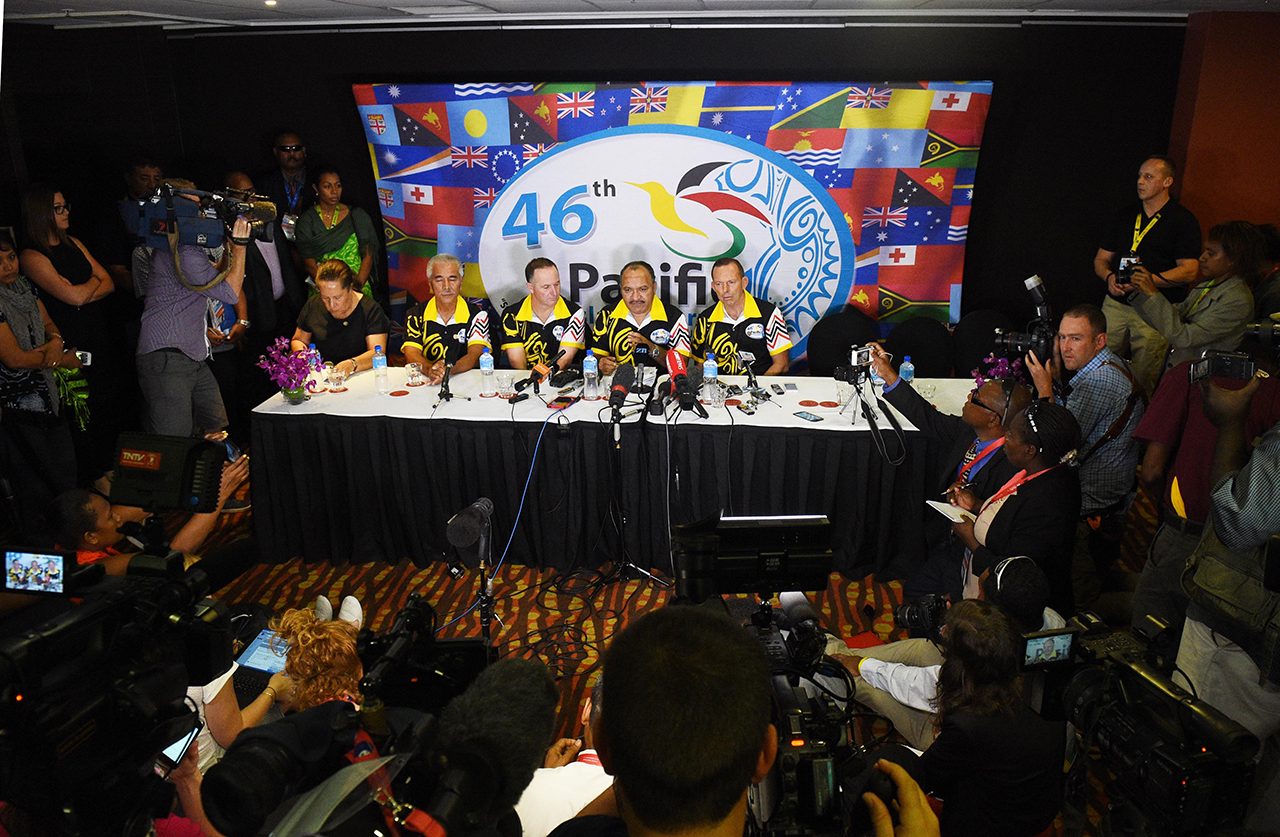SUMMARY
This is AI generated summarization, which may have errors. For context, always refer to the full article.

PORT MORESBY, Papua New Guinea – A meeting of South Pacific nations has failed to reach agreement on tackling climate change, Kiribati President Anote Tong said Thursday, September 10 after regional powers Australia and New Zealand refused to compromise.
“It’s not the best outcome that we would have liked,” Tong said at the end of the Pacific Islands Forum (PIF) leaders’ retreat.
The end of forum press conference was delayed more than two hours as leaders struggled to try to find a solution behind closed doors, and a joint communique was still not released by Friday morning, September 11.
The 16-nation group consists mainly of small island nations, most of which are susceptible to rising sea levels.
They wanted to send a clear message to climate talks in Paris later this year that the average global warming should be limited to 1.5 degrees Celsius (2.7 degrees Fahrenheit) over pre-Industrial Revolution levels.
The UN mandate is for no more than a 2.0 degree rise, and Australia and New Zealand made no commitment to reduce emissions further.
“I think we must respect that. Whether we accept that or not is a different question,” Tong said.
Many of the island states are barely two meters above sea level, which leaders said added weight to their lower target.
They faced serious problems “on the frontline” of global warming and were in a very different position to Australia and New Zealand, Tong said.
Australian Prime Minister Tony Abbott said Australia would go to Paris with “very ambitious targets” and he believed they could get emissions down.
New Zealand leader John Key said his country and Australia stood by the 2.0 degree target but accepted that low-lying states were particularly vulnerable and they would “seek an even more ambitious target in Paris”. – Rappler.com
Add a comment
How does this make you feel?
There are no comments yet. Add your comment to start the conversation.